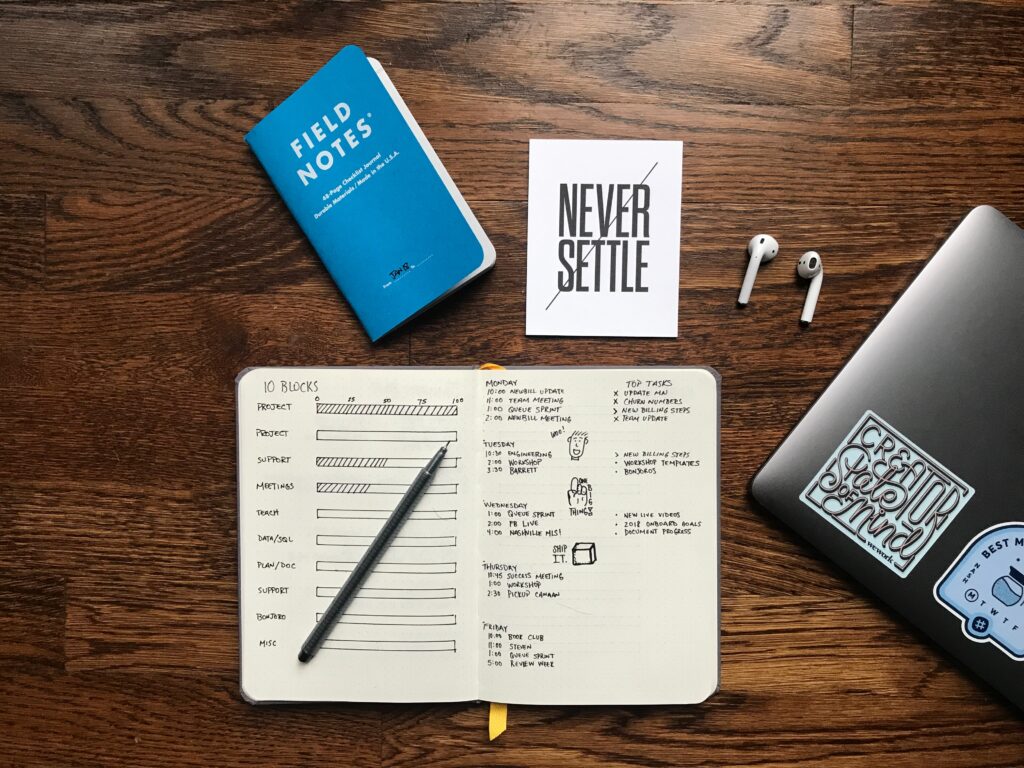Do you know about the work phrases that are making you sound weak??
Are you tired of feeling like your colleagues don’t take you seriously? Do you want to sound more confident and assertive in the workplace?
Well, it’s time to ditch those weak work phrases that are holding you back! In this blog post, we’re going to uncover the top 8 phrases that make you sound timid and offer some powerful alternatives. So, get ready to level up your communication skills and command the respect you deserve!
8 work Phrases that Make you Sound Weak
When it comes to sounding weak at work, there are certain phrases that you should avoid. Here are some of the most common ones:
1. “I’m sorry for being so blunt, but…”
This phrase immediately puts you on the defensive and makes you sound like you’re not confident in what you’re saying. If you need to apologize, do it without making excuses first.
2. “Does that make sense?”
Asking this question shows that you’re unsure of yourself and your ideas. It’s better to simply state your idea clearly and confidently.
3. “I’m not sure if this is the right way to go about it, but…”
This phrase communicates doubt and a lack of confidence. If you’re not sure about something, it’s better to ask for help or clarification instead of second-guessing yourself.
4. “Can I get your opinion on this?”
This phrase makes it sound like you’re not sure of your own opinion and are looking for validation from others. Instead, state your opinion confidently and then invite others to provide feedback.

Improve day by day
When you go to work, do you feel like you’re always struggling to keep up? Do you feel like you’re constantly behind, and that no matter how hard you try, you can’t seem to get ahead? If so, then it’s time to take a look at the phrases you’re using.
Chances are, you’re using some work phrases that are making you sound weak. These phrases undermine your authority and make it difficult for others to take you seriously. If you want to be seen as a competent professional, then you need to start using language that reflects that.
Here are some of the most common phrases that make you sound weak at work:
• “I’m trying my best.”
When you use this phrase, you’re basically telling your boss or colleagues that they shouldn’t expect too much from you. You’re already admitting that your best isn’t good enough, so why should they have any faith in your ability to get the job done?
• “I don’t know if I can do this.”
This is another self-defeating phrase that communicates doubt and a lack of confidence. When you say this, you’re giving other people permission to question your abilities. If you don’t believe in yourself, why should anyone else?
instead of these phrases: 1) improve day by day; 2) take it one day at a time; 3) focus on today; 4) things will get better;

Read More: Useful Tips To Help You Keep Your Diet
Learn better
If you want to learn how to be a better communicator at work, start by avoiding these weak phrases. They make you sound unsure of yourself and your abilities, and can tarnish your reputation as a competent professional.
“I think…”
When you preface your statements with “I think,” you immediately undermine your own authority. You’re giving the impression that you’re not sure of what you’re saying, which makes it less likely that others will take you seriously. If you’re not confident in what you’re saying, why should anyone else be?
A better way to phrase this would be: “In my opinion…” or “From my perspective…” This acknowledges that your statement is subjective, but it also shows that you have considered the issue at hand and have come to a reasoned conclusion. People are more likely to trust your judgment if you express it this way.
“I’m not an expert, but…”
This phrase is similar to “I think,” in that it immediately casts doubt on whatever comes after it. If you don’t feel confident enough to speak on a topic without prefacing your remarks with a disclaimer, it’s probably best to stay quiet. The last thing you want is to give people the impression that you’re out of your depth.
A better way to phrase this would be: “I’m no expert, but…” This subtly shifts the emphasis from your lack of expertise to the fact that despite this, you
Final Notes
When it comes to sound professional in the workplace, there are certain phrases that you should avoid using if you want to be taken seriously. Here are some of the most common offenders:
1. Sorry for the delay/sorry for the inconvenience – We all get busy and things come up, so there’s no need to apologize for every little thing. If you’re truly sorry for something, say so. But otherwise, move on.
2. I think/I feel – These words weaken your statements and make them sound less confident. If you’re unsure about something, say so outright. But if you’re pretty confident in what you’re saying, ditch the qualifiers and just state it as fact.
3. Does that make sense? – This one is a major pet peeve of mine! Of course whatever you’re saying makes sense to you – that’s why you’re saying it! But rather than checking in with your listener to see if they understand, try rephrasing or providing more context if needed.
4. I’m not an expert, but… – Again, this phrase undercuts your authority on the subject matter. If you don’t feel comfortable speaking about something, that’s perfectly fine. But there’s no need to preface your comments with this disclaimer every time.
5. Just my two cents/just my opinion – We all have opinions, and there’s nothing wrong with sharing them! But when everything you say is

